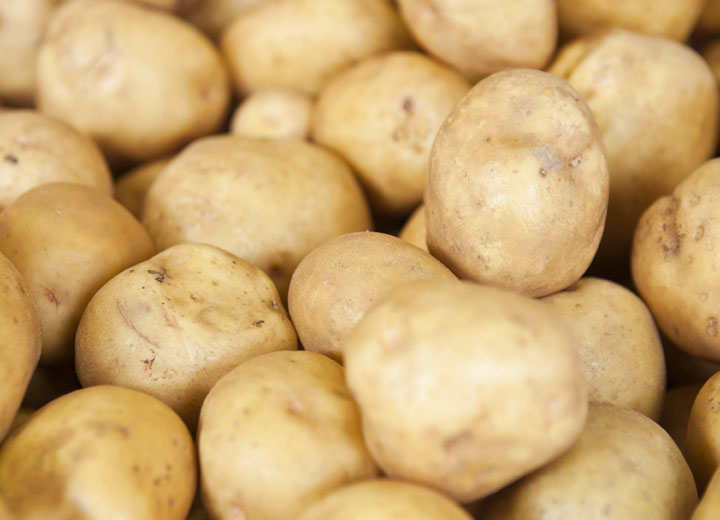
10.07.2019
Here’s Why Crops Need Humidity Control
Regardless of whether you’re responsible for crop-growing operations or wonder how the freshest produce reaches your retail operations, there’s no denying the role that proper humidity control plays. Spoiler alert: It’s downright essential!
Since most forms of produce contain up to 50 percent water, crop-growers need to maintain just the right amount of air moisture content. Otherwise, the quality will suffer, and in more ways than one. With that in mind, let’s explore some extra-important reasons why crops need humidity control.
Storage Efficiency
With optimized storage humidity, your products can benefit from the ideal weight and size, increased freshness and overall improved quality. As touched on previously, produce depends on hydration to maintain its shape and condition. Therefore, keeping conditions under control and maintaining just the right relative humidity can extend product storage time before it goes to market – a great way to fill an order in preparation for when there’s more demand for certain crops. After all, this is when they can potentially be sold for a higher price!
Longer Shelf Life
Produce can last for a long time, but just how long depends on indoor conditions, which is one of the key reasons why crops need humidity control. For instance, if the produce is exposed to continually fluctuating conditions with relative humidity that deviates from the “safety zone” of 40 to 60 percent RH, there can be problems with longevity. Without enough hydration and sufficient temperature control, produce such as apples and pears won’t keep as long or meet established standards.
Cut Costs and Maximize Energy Efficiency
Growing crops isn’t cheap, and there are a lot of variables that can make it difficult to plan from a financial perspective. Therefore, it’s not a good idea to take chances with an inconsistent relative humidity control solution. Instead, implement a high-performance, low-energy system that helps to cut costs associated with upkeep and maintenance. Products such as Condair high-efficiency humidification systems are eco-friendlier and more dependable; they’re built with high-quality materials and designed with a focus on reducing energy consumption, all while maximizing output efficiency.
Countless businesses around the world depend on high-quality, fresh, long-lasting produce to stock their shelves and fill orders when used as essential ingredients. However, to maintain a productive, cost-effective and successful crop-growing operation, the quality of your air should remain a priority. For more reasons why crops need humidity control or to learn about our innovative solutions, contact us at Condair today!
Similar Links:
https://www.condair.com/humidifiernews/blog-overview/how-to-keep-warehouse-employees-cool
https://www.condair.com/humidifiernews/blog-overview/inspect-your-ventilation-and-airflow

